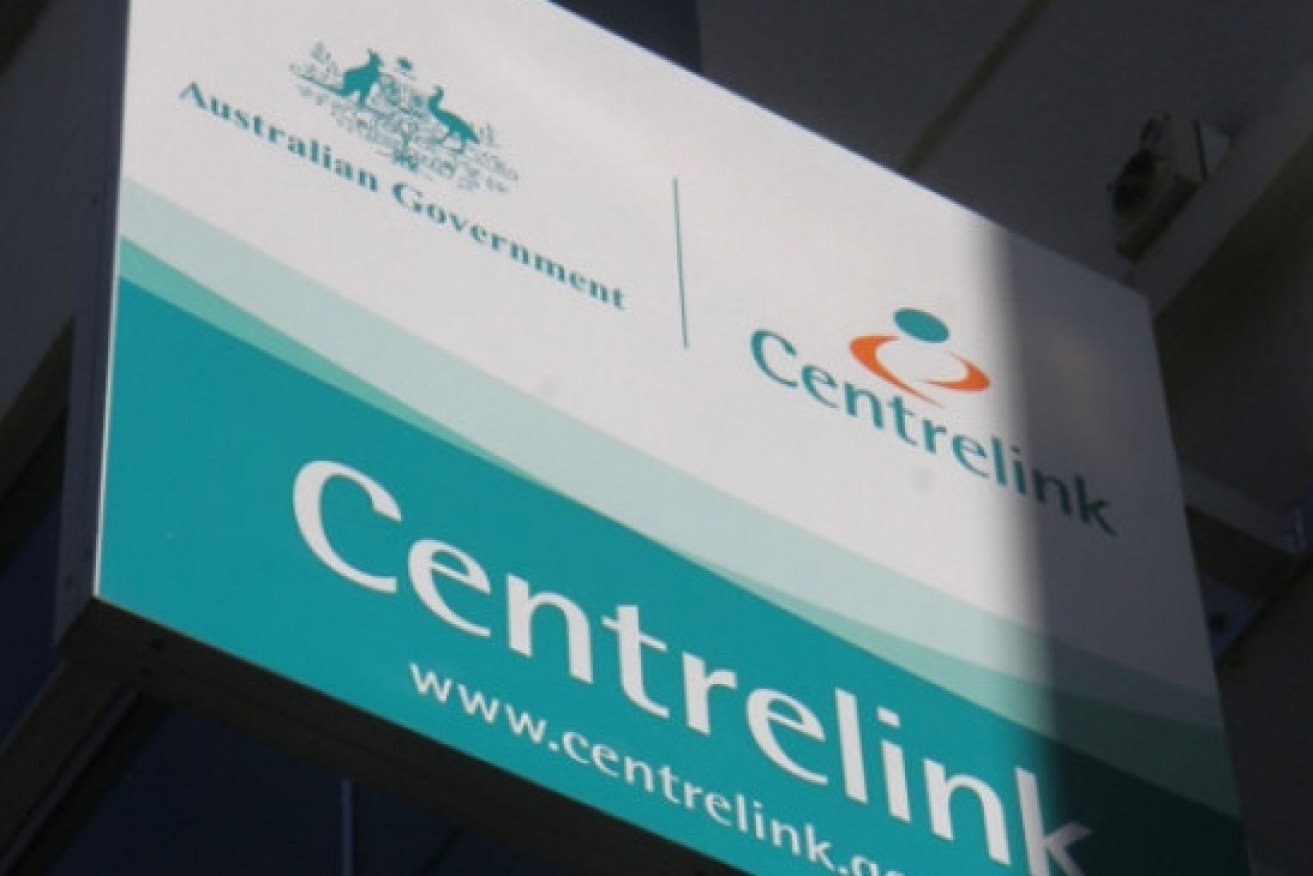Robodebt officials to front royal commission
A victim of the unlawful robodebt recovery scheme has told a royal commission that she was made to “feel like a criminal” when Centrelink cut her payments while demanding she prove she did not owe it a falsely claimed debt.

Photo: supplied
Melaine Klieve gave evidence to the royal commission into the scheme, saying she always complied with her income reporting requirements while on welfare.
Klieve said she was adamant she didn’t have a debt, but was stonewalled when she tried to clear her name.
Former Services Australia general manager Craig Storen and Jonathan Huston from the Department of Human Services are set to give evidence on Tuesday.
Huston’s name has been raised in relation to the department seeking to influence an independent report into the scheme, after the Commonwealth ombudsman found it falsely accused welfare recipients of owing money.
The commission heard one department official told colleagues via email it was “a great opportunity to effectively co-write the report”.
Klieve told the royal commission it was impossible for her to have received income from a previous job in South Australia that the department used to average her income when she was living in Tasmania at the time.
“They said, ‘we understand you don’t have a debt, but you have to prove you don’t have a debt’,” she said.
Klieve said she had already supplied Centrelink with evidence she was no longer working in SA, otherwise she wouldn’t have been eligible for welfare payments in Tasmania.
But Centrelink garnished her payments anyway when she was forced back onto welfare in 2019 after losing her job.
It forced her to sell her possessions, including her car, to make ends meet.
“I was so angry and so traumatised by the ordeal,” she said.
“It made me feel like I was a criminal.”
She says she no longer sees Centrelink as a social safety net and pushes herself to the point of self-destruction to make sure she never has to deal with the agency again.
The robodebt scheme saw automated debt notices issued following a process called income averaging, which compared people’s reported income with tax office figures.
The commission is investigating how the scheme, which operated between 2015 and 2020, went ahead despite departments knowing the debt calculation method was unlawful.
-AAP




